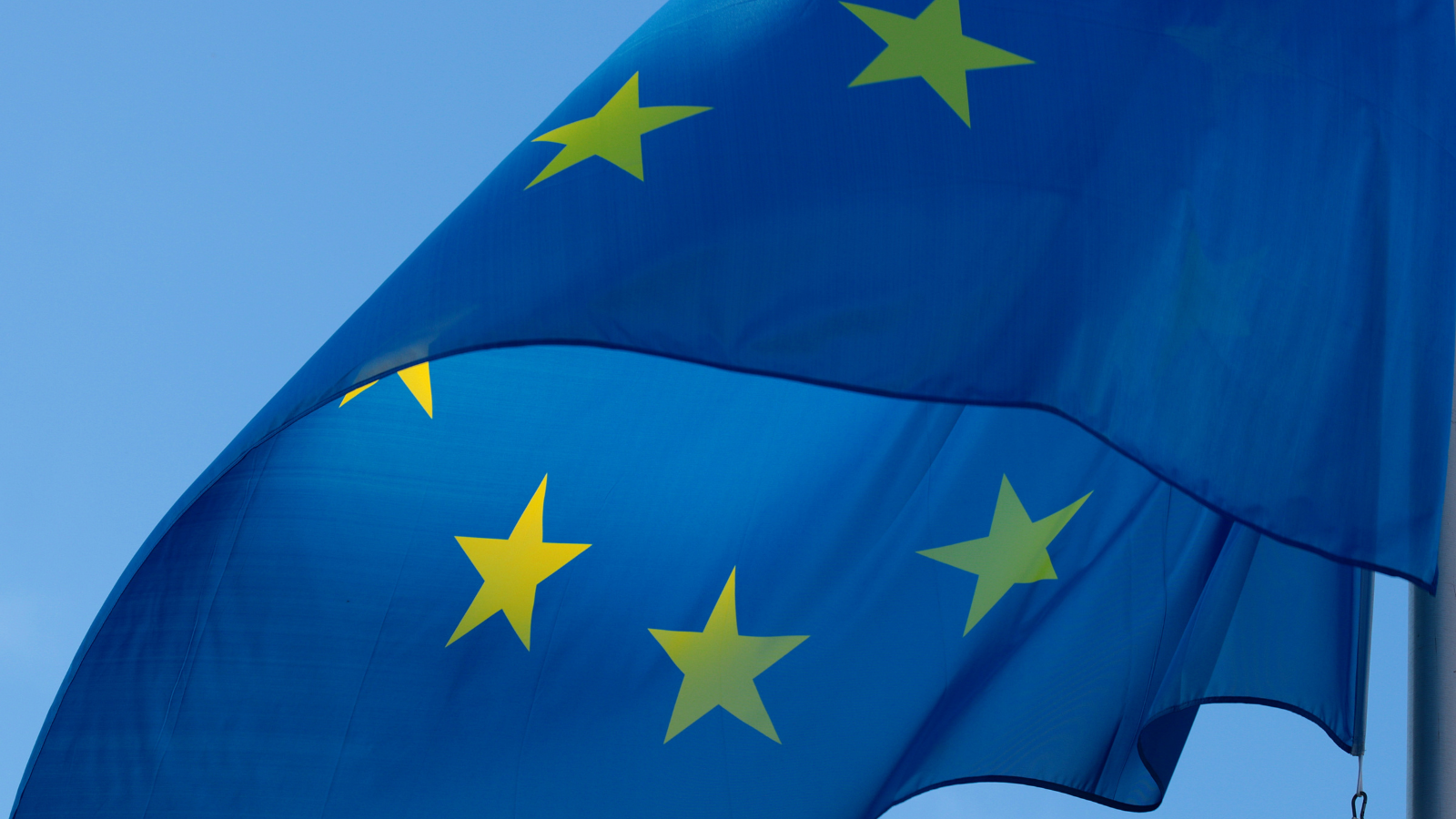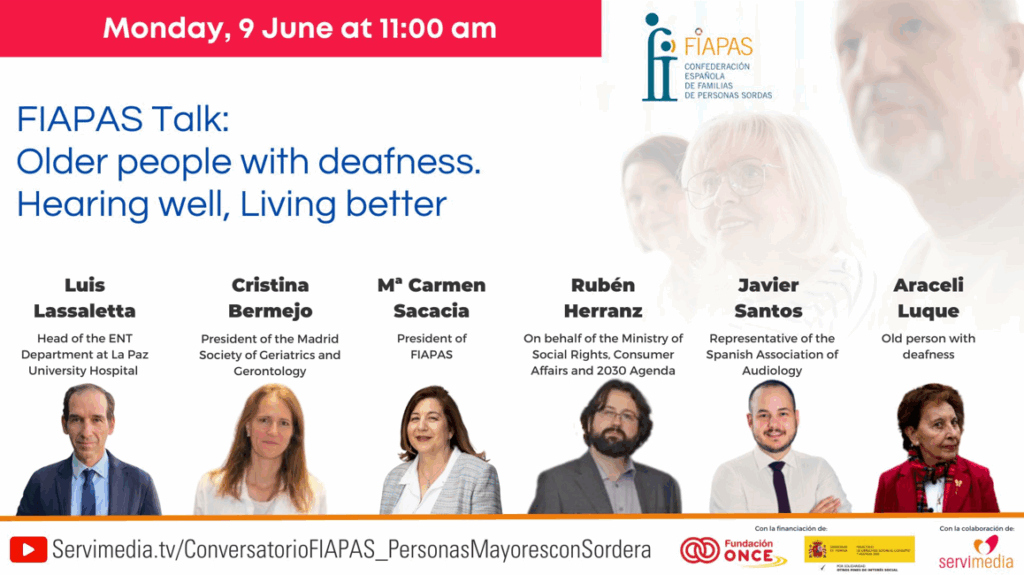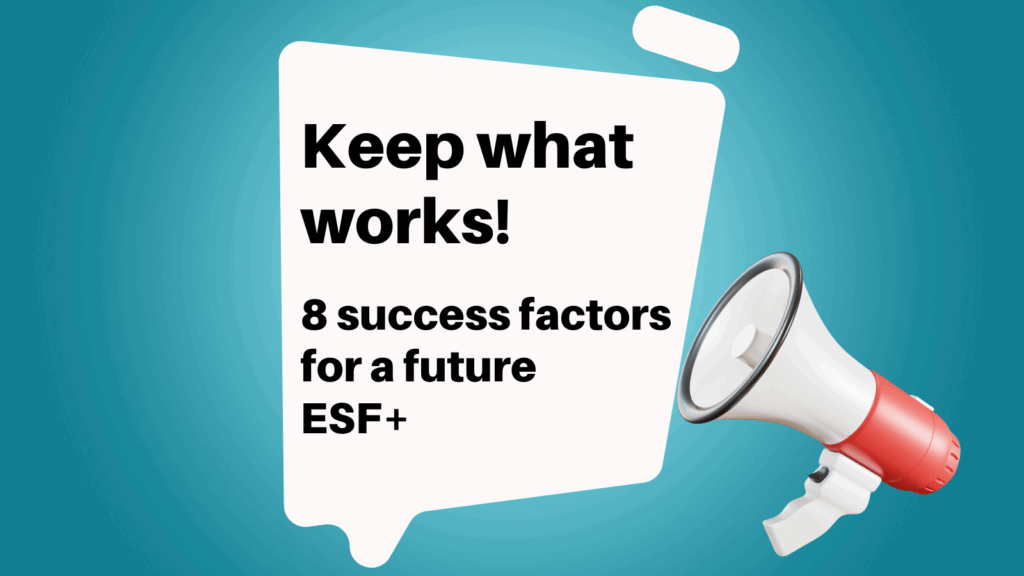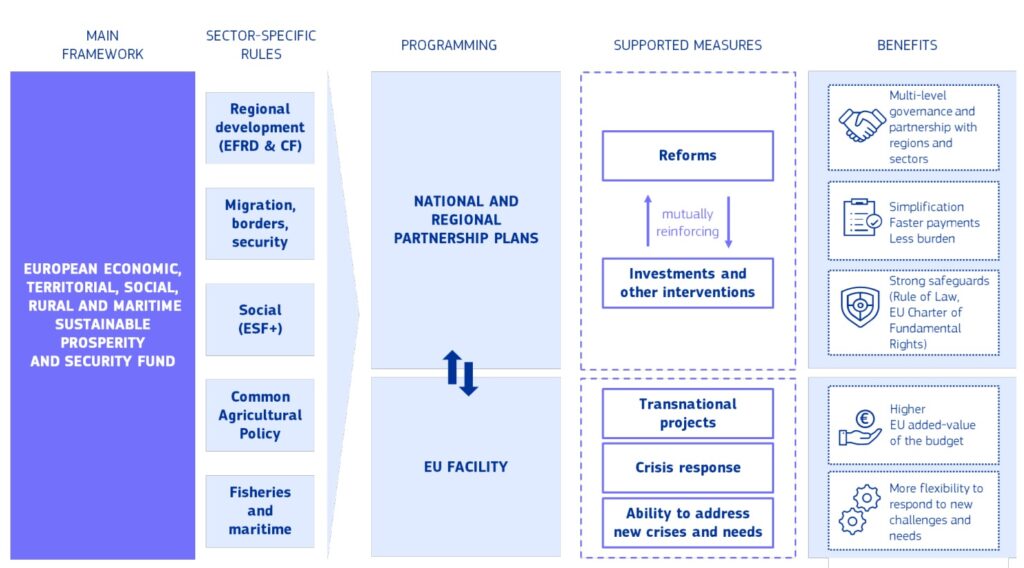This report from the European Social Policy Analysis Network (ESPAN) examines the level of access that children in low-income households in the 27 EU countries have:
- effective and free access to high-quality early childhood education and care, education and school-based activities, one healthy meal each school day, and healthcare; as well as
- effective access to healthy nutrition and adequate housing.
It was carried out at the request of the European Commission, with a view to helping it set a baseline for monitoring the implementation of the European Child Guarantee, which all the Member States endorsed in June 2021.
The study shows that most EU countries have mechanisms in place to ensure that all children (or at least those from low-income households) have access to each of these six “services”. However, these mechanisms vary considerably in reach, and all 27 countries have challenges to meet which may only concern access to a few services or may relate to (almost) all of them.
The study identifies various financial and non-financial barriers to accessing these services. Among the non-financial barriers, it pinpoints wide geographical disparities in many countries which create inequalities in access – particularly between urban and rural areas. Il also stresses that more data and analysis are needed to assess whether these services are indeed readily available and accessible as well as free or affordable to all children in need across the EU.
You can find the EU report and the national reports here.





